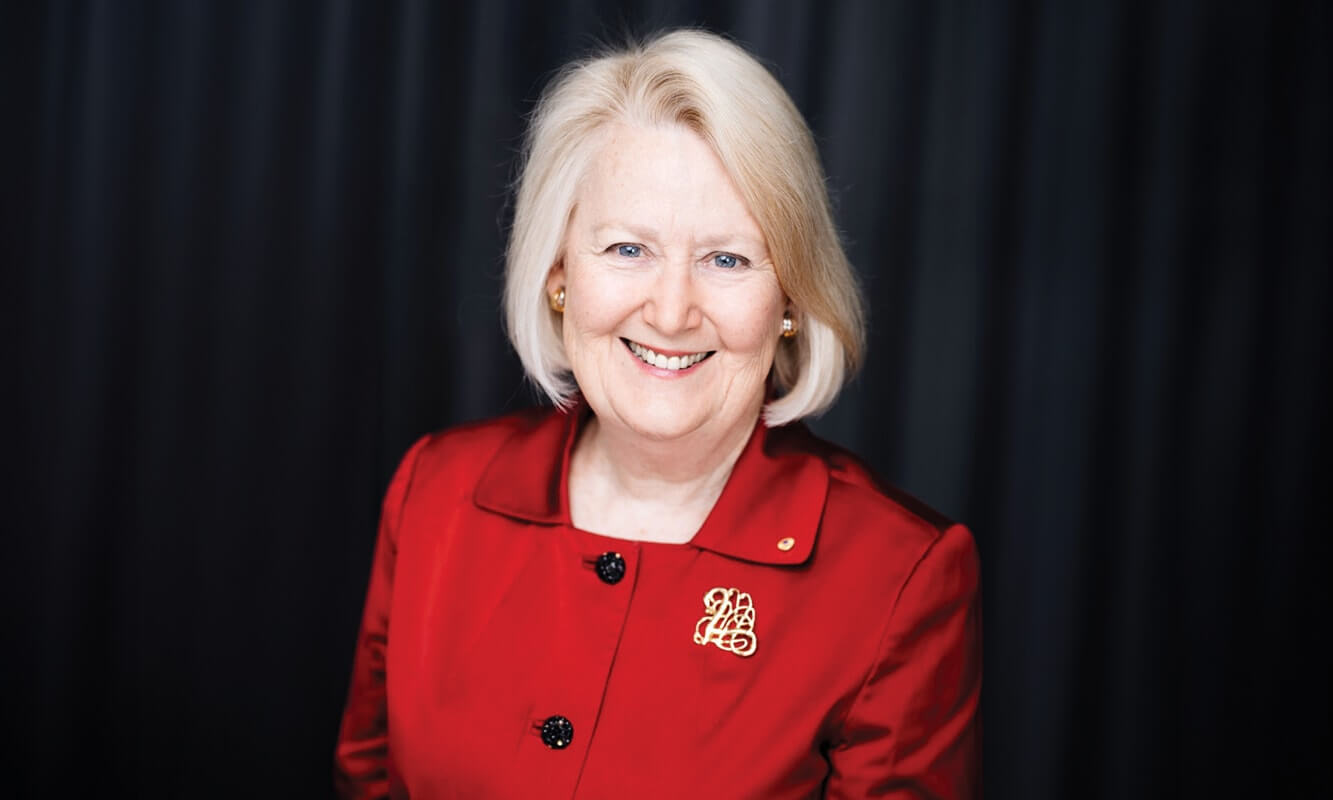Queensland Law Society supports government and community efforts to fight domestic and family violence, with a focus on ensuring that lawyers are properly equipped to deal with the legal response to domestic and family violence.
Throughout Queensland, solicitors regularly spend long-hours toiling away, volunteering their time free-of-charge to assist significantly under-funded community legal centres to provide fair and equal access to justice to the community’s most vulnerable people.
CLC’s and their dedicated teams of lawyers are often the only lifeline available to people in times of crisis.
This, with thanks to Caxton Legal Centre, is one of those stories.
Gracie’s story
Gracie is a 20-year-old university student who broke up with her boyfriend.
Jack was significantly older than Gracie and was physically and emotionally abusive towards her throughout their relationship.
Following the breakup, Jack would not leave Gracie alone, continually sending her messages pleading that they get back together.
Gracie was fearful of Jack given his history of violence and wanted him to leave her alone.
She successfully applied for a temporary protection order against Jack meaning he could not contact or approach her.
What is domestic violence?
- Domestic violence is behaviour by one person towards another person that is physically or sexually abusive
- emotionally or psychologically abusive
- economically abusive
- threatening or coercive
- controlling or dominating and causing others to fear for their safety or wellbeing or that of someone else.
The Domestic and Family Violence Protection Act provides a non-exhaustive list of examples of behaviour that constitute domestic violence:
- causing personal injury to a person or threatening to do so
- coercing a person to engage in sexual activity or attempting to do so
- damaging a person’s property or threatening to do so
- depriving a person of the person’s liberty or threatening to do so
- threatening a person with death or injury of the person, a child of the person or someone else
- threatening to commit suicide or self-harm so as to torment, intimidate or frighten the person at whom the behaviour is directed
- causing or threatening to cause the death of, or injury to, an animal, whether or not the animal belongs to the person at whom the behaviour is directed, so as to control, dominate or coerce the person
- following (surveillance) of a person without their consent unlawfully stalking a person.
Gracie needed ongoing help.
She wanted the temporary protection order to be ongoing for 5 years as she believed that Jack would continue to pose a threat to her.
However, Jack opposed a final order being made, so the matter was listed for a trial.
Gracie was at the point of having to go through a trial without any legal help as she could not afford a private lawyer and was not eligible for Legal Aid. At this point Gracie may have given up and sacrificed getting a Protection Order that would keep her safe.
Caxton Legal Centre’s Duty Lawyer service is based at the Brisbane Magistrates Domestic Violence Court and was able to work with Gracie.
The solicitor helped Gracie draft her affidavit and prepare for trial.
This help is critical to anyone involved in domestic violence proceedings.
However, the limited nature of the Duty Lawyer service meant that Gracie still had to go through the trial without a lawyer.
Better funding for community legal centres would mean that Gracie and others like her would face challenging court proceedings like this with a lawyer standing by their side.
Read Gracie’s story here: https://caxton.org.au/people-need-more-assistance-to-go-through-domestic-violence-proceedings-gracies-story/









Share this article